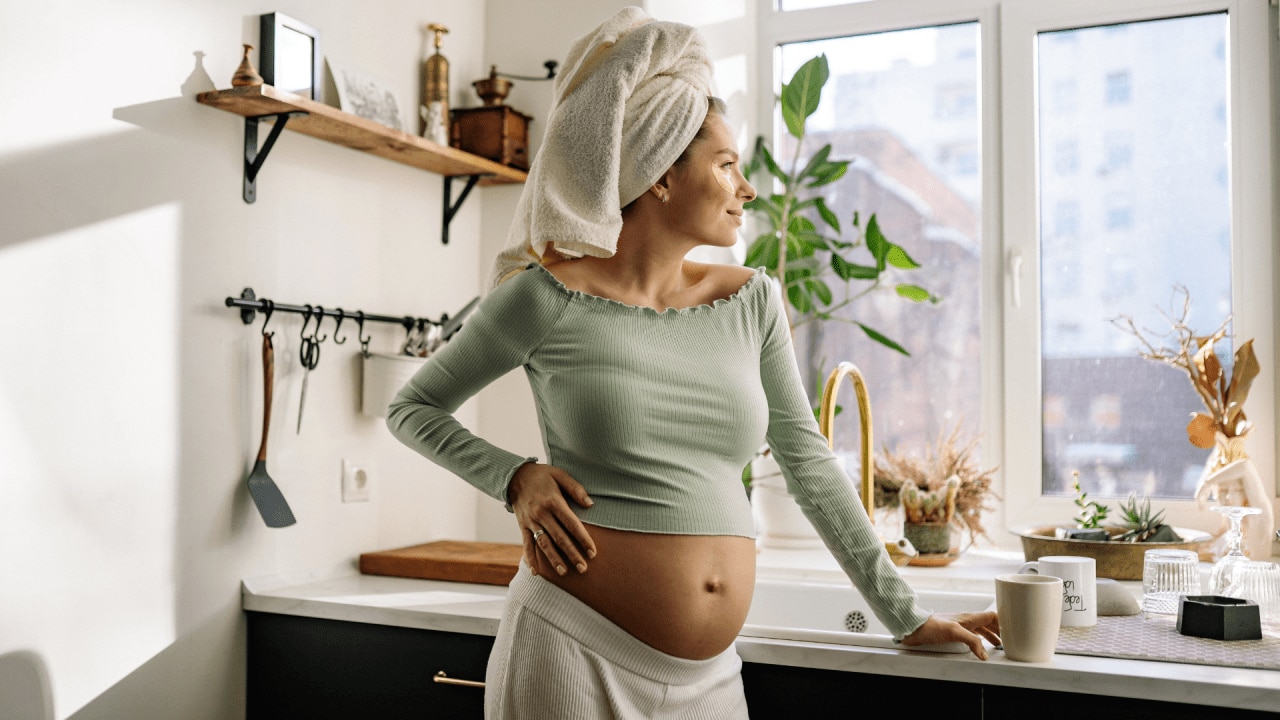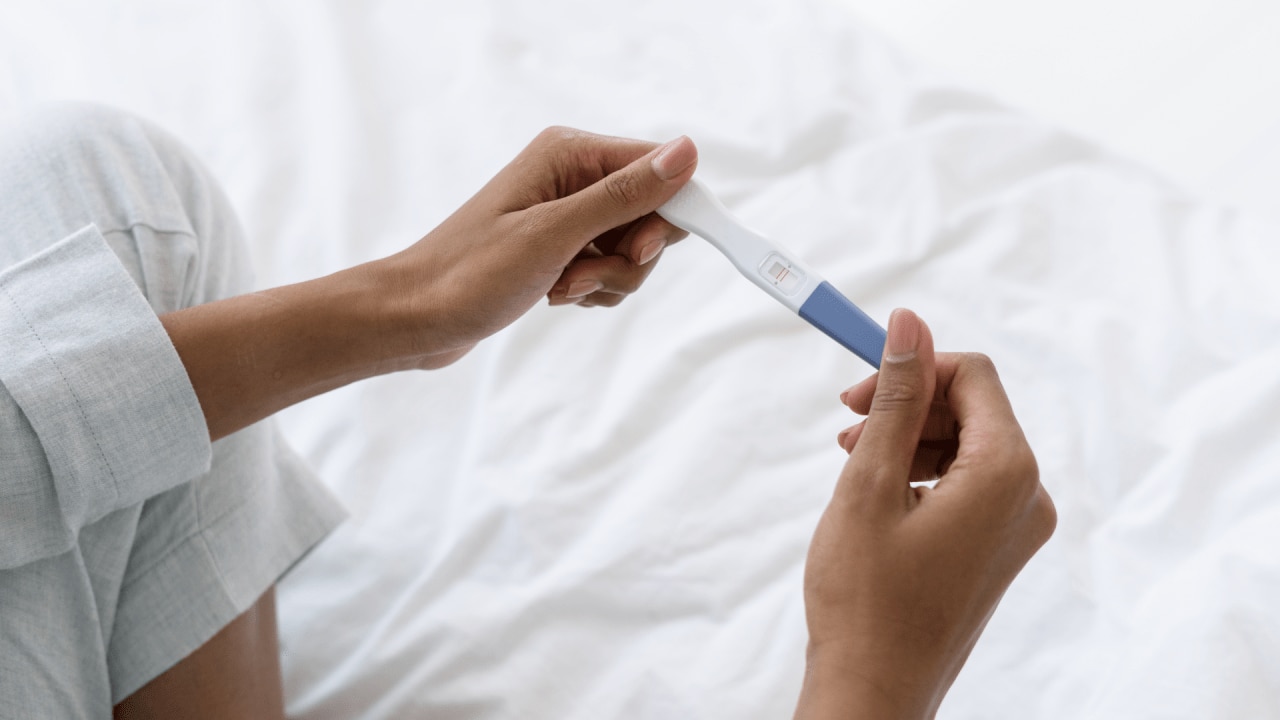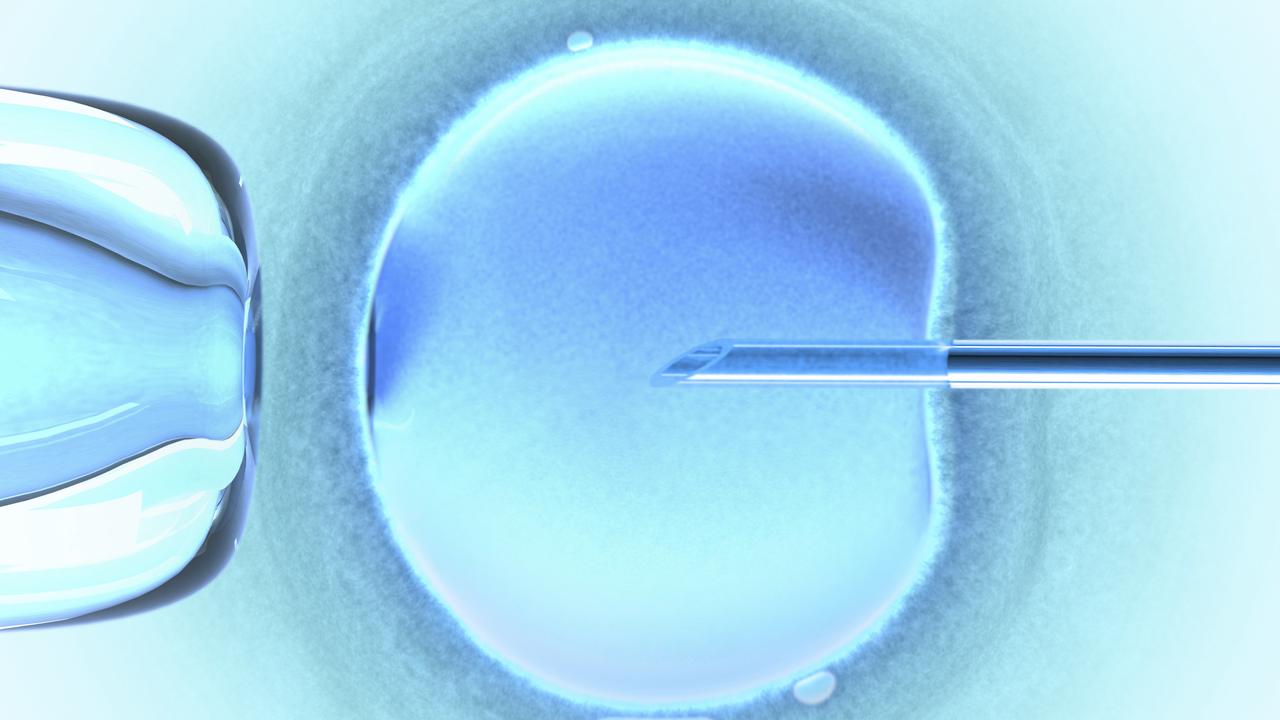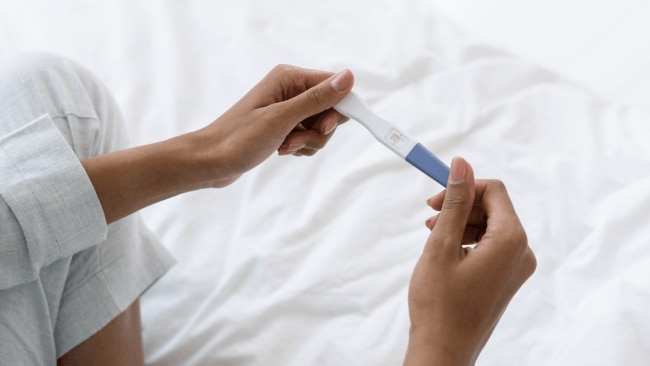This is the best time to stop using birth control if you're trying to get pregnant
We asked an expert

Fertility
Don't miss out on the headlines from Fertility. Followed categories will be added to My News.
Whether you're taking the contraceptive pill or have an IUD or implant, this is when you should stop using it to maximise your chances of falling pregnant.
If you're thinking about having a baby but you're using birth control, you've no doubt also wondered about when to stop using it.
Sure, we've all heard the stories of people falling pregnant as soon as they stopped taking contraception, but is it really that simple?
To better understand this, we asked Dr Kirsty Wallace-Hor, a GP at Kin Fertility, about when is the best time to come off birth control if you're trying to get pregnant.
Like what you see? Sign up to our bodyandsoul.com.au newsletter for more stories like this.
First, make sure you’re ready
“Many people assume that it takes a while for their fertility to return to normal after stopping a hormone-based contraceptive. While it’s true that it can take a few months for your body’s hormones to go back to what’s normal for you, you can potentially fall pregnant very quickly,” Dr Wallace-Hor tells Body+Soul.
“I therefore don’t recommend that you stop your contraceptive until you’re prepared to fall pregnant. I’ve had more than a few patients fall pregnant earlier than planned because they assumed it would take a long time for their body to adjust to being off contraception.
“Waiting until you’re ready to fall pregnant before you stop your contraceptive is helpful for a few reasons. For example, it gives you adequate time to start a prenatal multivitamin. For most people, it is recommended to take a 0.4-0.5mg/day supplement of folic acid for at least one month before falling pregnant, as well as an iodine supplement of 150μg each day.
“It also gives you a chance to see your GP before falling pregnant to see whether you would benefit from other supplements (for example, if you’re iron or vitamin D deficient, or are vegan or vegetarian), ensure you have adequate insurance cover if you’d like private obstetric care, optimise your lifestyle and consider genetic carrier screening.”

When does fertility return?
The answer to this question will vary from woman to woman and it will depend on the type of birth control you’re using.
- Contraceptive pill: “It usually takes about two months for someone’s usual level of fertility to return after stopping the combined pill, some people may ovulate and fall pregnant before their next period.”
- Shot. “It can take up to 18 months for your fertility to return to your usual level.”
- IUDs. With hormonal IUDs, fertility usually returns shortly after removal and with copper IUDs, it often returns within the first menstrual cycle.
- Vaginal ring and contraceptive implant. Some women resume regular ovulation soon after removal, while others may experience a delay.
Things to consider when going off birth control
“If you’d like to track your natural cycles before you actively start trying for a baby, you can stop your hormonal contraceptive and switch to condoms until you’re ready. Tracking your cycle can help identify when you’re ovulating and help you time intercourse to optimise your chances of falling pregnant,” Dr Wallace-Hor explains.
“Even if you plan to start trying straight away, it can be helpful to track your period as this will help estimate your due date if you do fall pregnant and confirm whether your periods are regular.”
Your diet is another important piece of the puzzle and you want to make sure you’re consuming key nutrients for reproductive health – think folic acid, iron, and omega-3 fatty acids. A good prenatal vitamin can be beneficial here.

Improving your diet, keeping your stress levels under check, exercising regularly, and avoiding excessive alcohol and caffeine intake, are all simple, yet effective ways of leading a fertility-friendly lifestyle.
Finally, having the right people by your side can make a huge difference – and one of those people should be your doctor. Booking a preconception check-up and getting your fertility tested can be a good idea, as you’ll get access to personalised insights about your reproductive health, so you can manage your expectations and make informed decisions that are right for your body.
When to seek professional help
“If your periods are regular and you haven’t fallen pregnant despite having regular intercourse, you should see your GP after 12 months if you’re 35 years or younger, after 6 months if you’re over 35, or earlier if you’re concerned,” Dr Wallace-Hor recommends.
Additionally, consider booking an appointment if:
- You’re experiencing irregular menstrual cycles months after stopping birth control
- You're not experiencing signs of ovulation, like changes in cervical mucus or breast tenderness
- You have a history of gynecological issues, like PCOS or endometriosis
- Your partner has known fertility concerns
Most importantly, be patient and kind to yourself and prioritise your wellbeing during this time. While it is natural to feel overwhelmed, stress and fertility are not a good mix. So, try to find healthy ways to deal with potential stressors and, if needed, seek support from a healthcare professional.
More Coverage
Originally published as This is the best time to stop using birth control if you're trying to get pregnant









